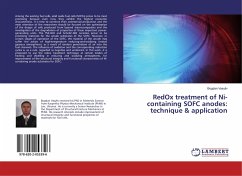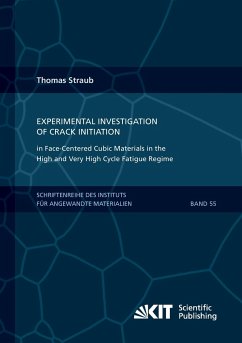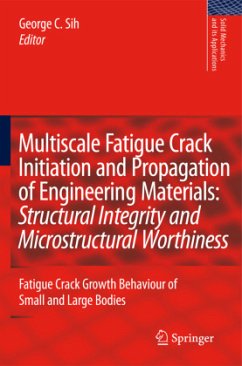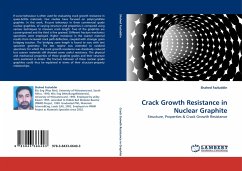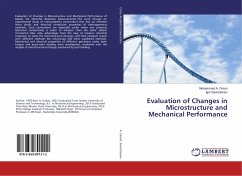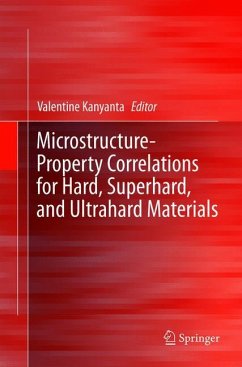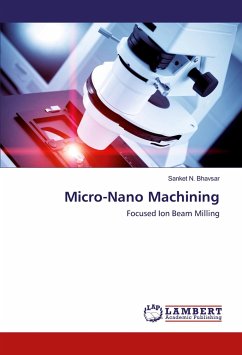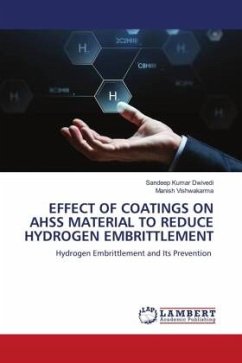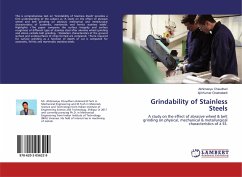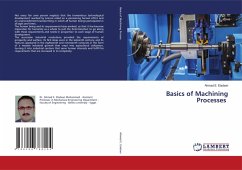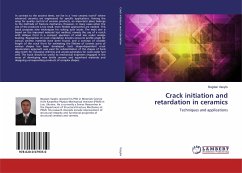
Crack initiation and retardation in ceramics
Techniques and applications
Versandkostenfrei!
Versandfertig in 6-10 Tagen
38,99 €
inkl. MwSt.

PAYBACK Punkte
19 °P sammeln!
In contrast to the ancient times, we live in a "new ceramic world" where advanced ceramics are engineered for specific applications. Among the ways for quality control of ceramic products, an important place belongs to the methods of fracture mechanics. However, in many cases when the size of the products is too small, more flexible approaches are needed. This book proposes new techniques for solving such issues. The main one is based on the improved material test method, namely the use of a notch with oblique front in a compact specimen of small size under wedge loading. Regularities of crack...
In contrast to the ancient times, we live in a "new ceramic world" where advanced ceramics are engineered for specific applications. Among the ways for quality control of ceramic products, an important place belongs to the methods of fracture mechanics. However, in many cases when the size of the products is too small, more flexible approaches are needed. This book proposes new techniques for solving such issues. The main one is based on the improved material test method, namely the use of a notch with oblique front in a compact specimen of small size under wedge loading. Regularities of crack retardation kinetics versus its profile angle for various ceramic materials have been found, and a concept of variable length of the crack front for estimating the lifetime of ceramic parts of various shapes has been developed. Such shape-dependent crack deceleration approach was used for substantiation of the shapes of hard alloy teeth for industrial drill bits and anode-substrates for solid oxide fuel cells. The book should be useful to mechanical engineers engaged in the areas of developing new brittle ceramic and superhard materials and designing corresponding products of complex shapes.



